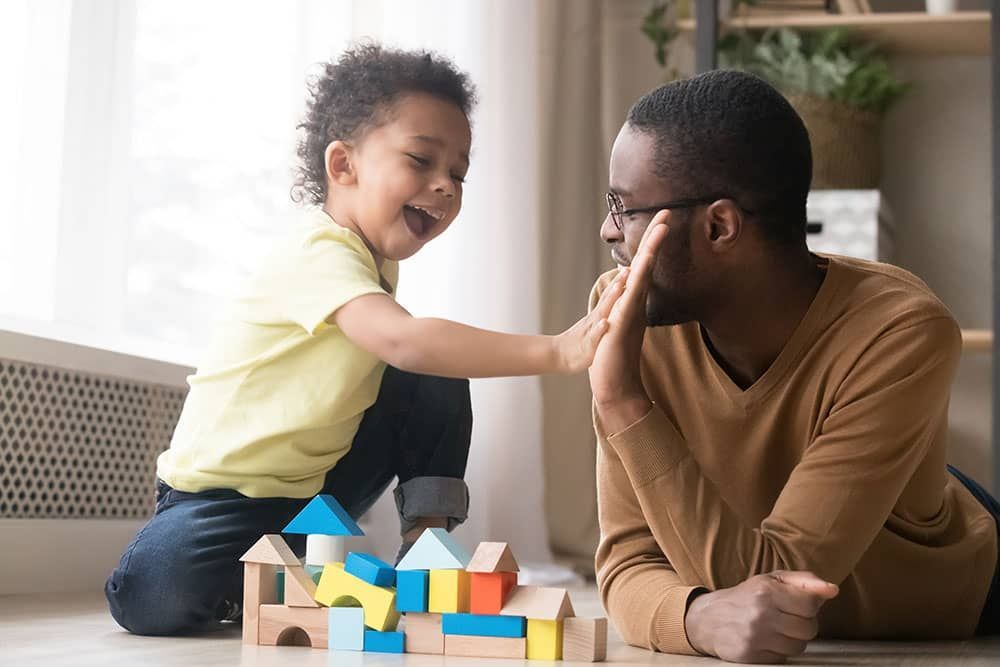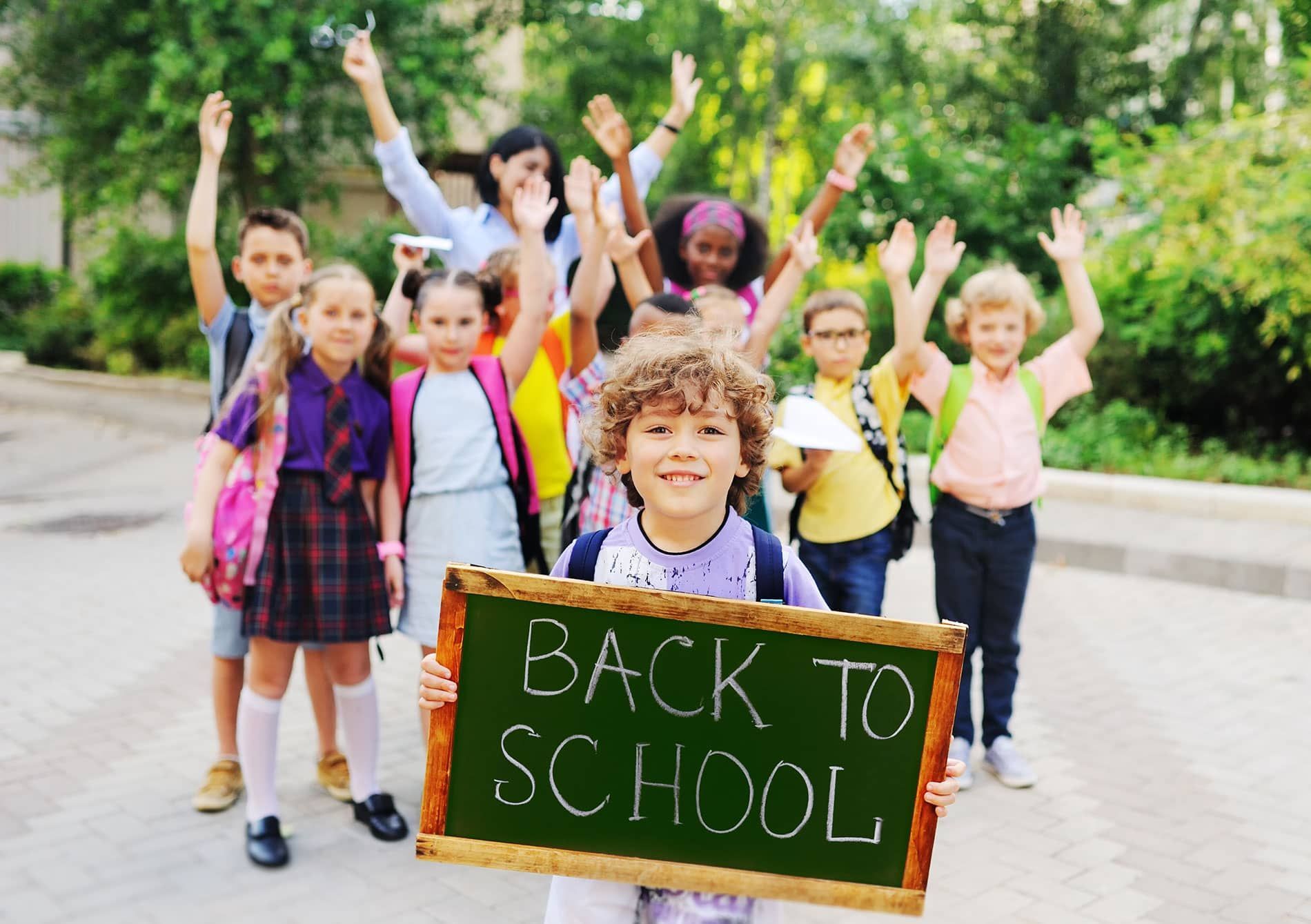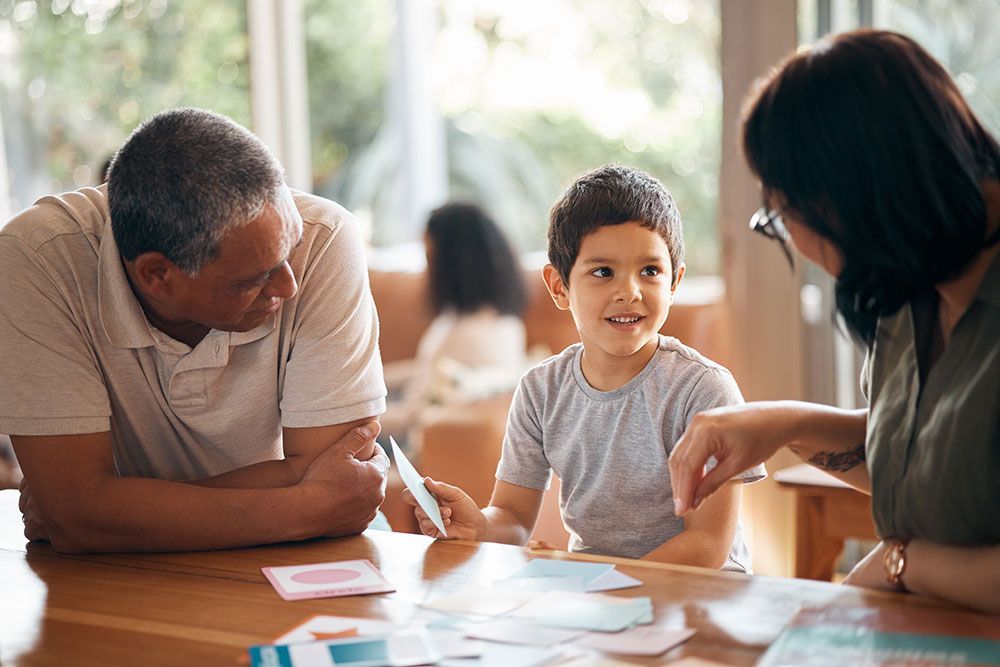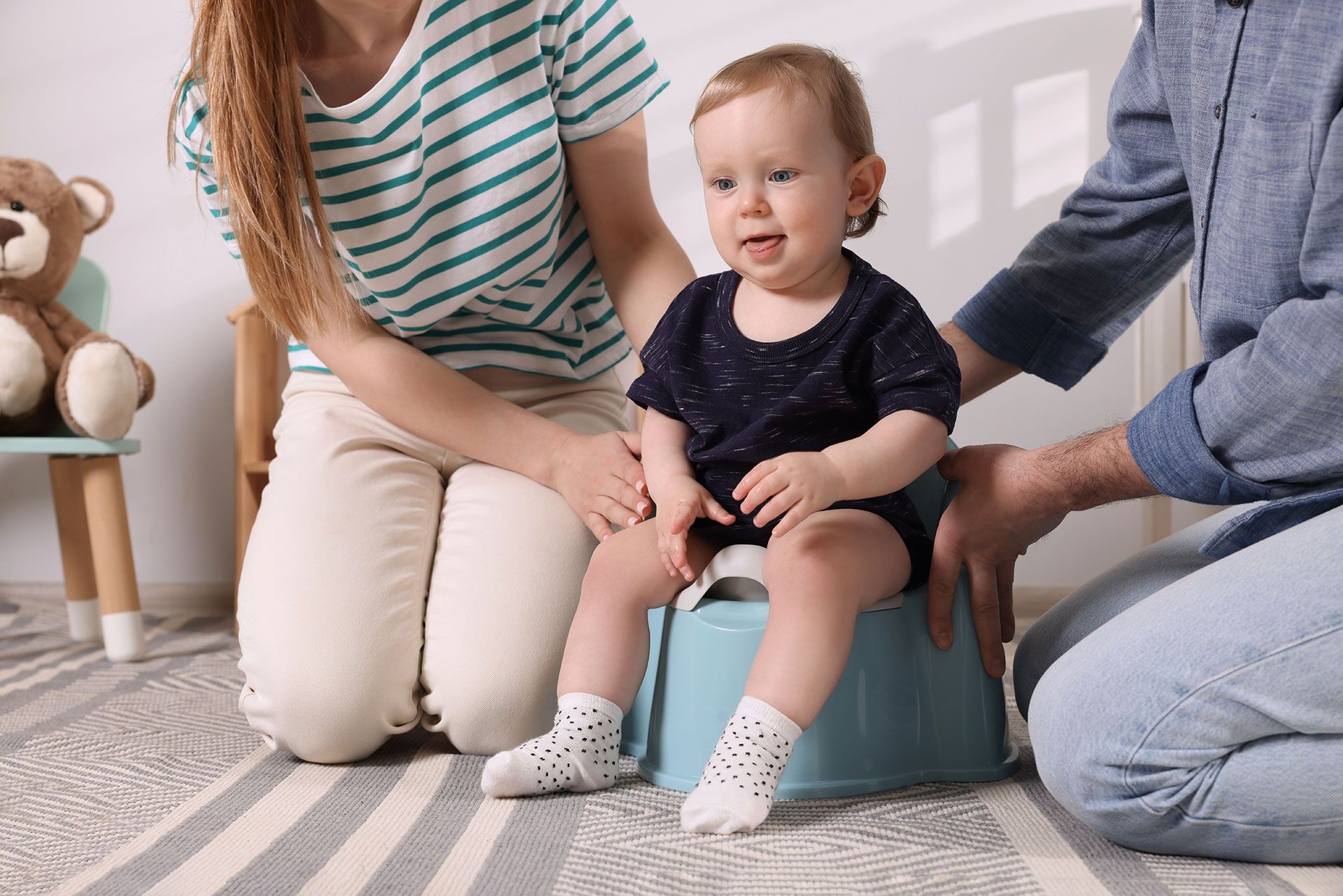October is ADHD Awareness Month: Understanding, Supporting, and Empowering Individuals with ADHD
October marks ADHD Awareness Month, a time dedicated to raising awareness about Attention Deficit Hyperactivity Disorder (ADHD), shedding light on its complexities, and offering support to those living with it. ADHD affects millions of children and adults worldwide, but with the right support and resources, individuals with ADHD can thrive. This month serves as an important reminder of the need for early assessments, proper diagnosis, and skill-building strategies to help manage ADHD symptoms effectively.
The Importance of Early and Proper ADHD Assessments
One of the most critical steps in supporting individuals with ADHD is getting a proper and early assessment. Diagnosing ADHD can sometimes be challenging due to the wide range of symptoms that may vary from person to person. Early diagnosis, however, can significantly improve an individual's ability to manage their symptoms and build coping strategies.
For children, early identification of ADHD can lead to better academic performance, improved social skills, and stronger emotional health. For adults, receiving a diagnosis can be life-changing, offering clarity on past challenges and a path forward. ADHD assessments not only provide answers but also help in creating tailored treatment plans that address the unique needs of each person.
Executive Function Skill Building: The Key to Success
While medication can play a role in managing ADHD, it's essential to remember that pills don't teach skills. Medication may help alleviate symptoms, but it’s not a one-size-fits-all solution. Skill-building, on the other hand, equips individuals with ADHD with the tools they need to navigate their world effectively.
Learning practical executive functioning skills such as time management, organization, impulse control, and emotional regulation can transform the lives of individuals with ADHD. Skill-building helps develop self-awareness, improves focus, and fosters a sense of independence. Whether it's through therapy, coaching, or structured activities, mastering these skills empowers those with ADHD to succeed in school, work, and everyday life.
Why ADHD Awareness Month Matters
ADHD Awareness Month is a time to remove the stigma associated with ADHD and to promote understanding. It’s about educating the public on the reality of ADHD and providing resources to those who need them most. ADHD is often misunderstood, but awareness leads to acceptance, which can make a world of difference for individuals who feel isolated or confused by their diagnosis.
Whether you are a parent, teacher, employer, or someone living with ADHD, this month serves as a reminder of the power of empathy and support. By fostering environments that encourage growth, we can help individuals with ADHD unlock their full potential.
Uplifting the ADHD Community
At The Woodlands Behavioral Health and Wellness Center, we are proud to be a part of the ADHD community and support those who live with ADHD. We believe in the importance of early diagnosis, the power of skill-building, and the need for ongoing support. This October, let’s celebrate the strengths of those with ADHD while raising awareness about the challenges they face.
Together, we can create a world where every individual with ADHD is understood, supported, and empowered to succeed.








